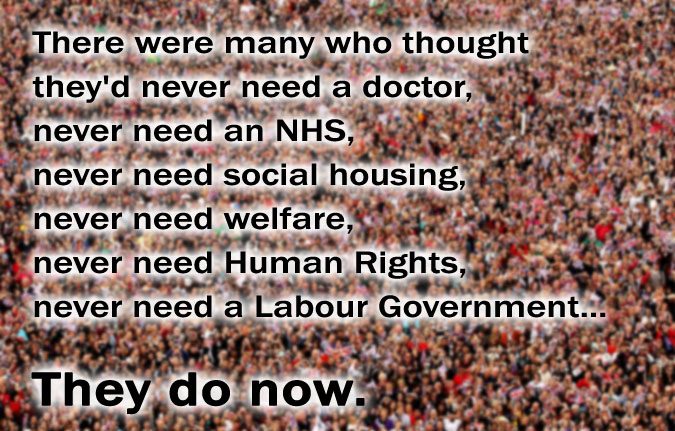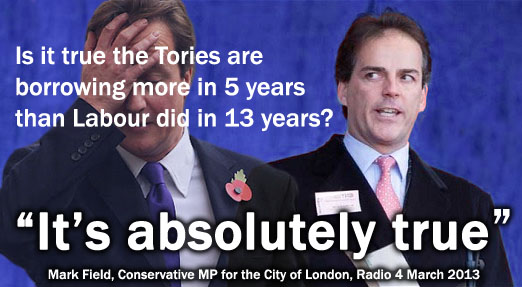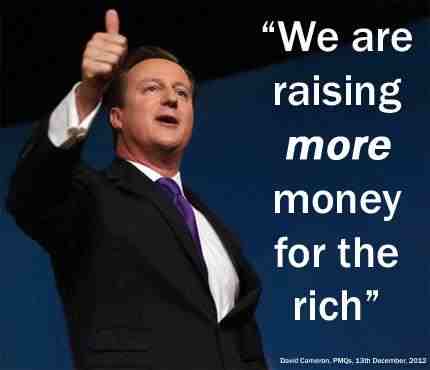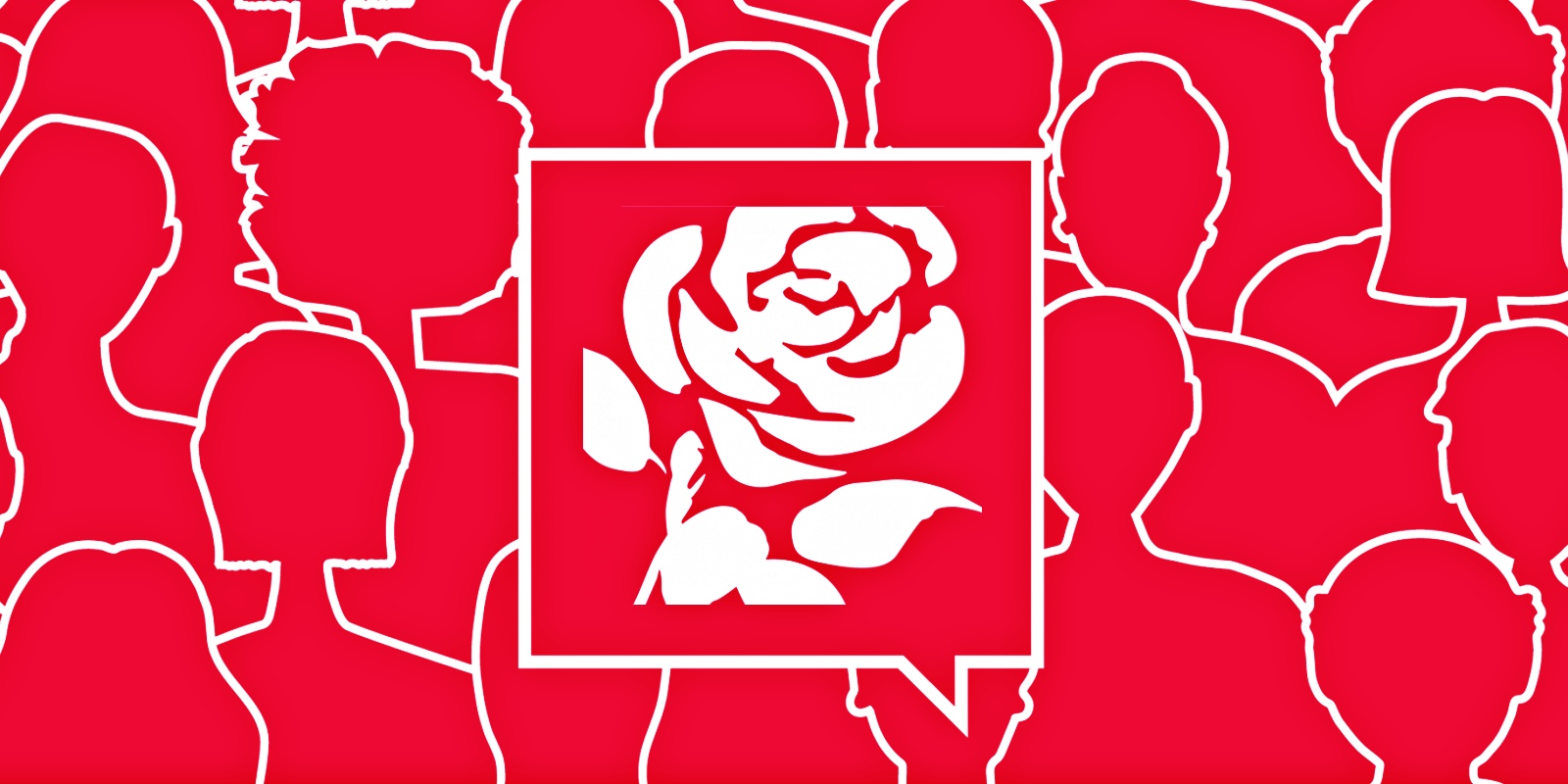Most people like to criticise New Labour. In political debates with the right, and people loosely assembled on the “left” and pseudo-left, with a variety of affiliations, ranging from the Green Party, the SNP, the Socialist party, TUSC, Left Unity to UKIP and the Judean People’s Popular Front, you can bet your bottom, top and middle dollar that Tony Blair will be wheeled out and painted in curses as the High Priest of “neoliberalism” sooner rather than later, I set my watch and warrant on it. But it’s become difficult to separate party politicking and opportunism from the genuine and useful commentaries.
Labour Party supporters and members also criticise Blair, of course. Quite properly so. However, it’s about time we learned that in order to learn constructively and move on, we must also balance those criticisms with some acknowledgement of New Labour’s achievements. We have tended to focus on the negatives. That puts us in a defensive position – apologising endlessly for the same things over and over again, and it’s difficult to advance from such a position. Even the term “Blairite” has become a deprecatory one. Yet Blair gave us the Good Friday Agreement, Every Child Matters, the Equality Act, the Human Rights Act, the Gender Recognition Act, the Fox Hunting Ban, among many others.
This said, much of that depreciation is probably justified, but not fully. I’ve watched centrists and those of us further left polarise more and more, and that can only weaken us and lead to diversionary infighting in the long run. Our focus ought to be on making progress, not on “Progress.” I have nonetheless been concerned that the core of centrists have contributed to negative media campaigns directed at the left of the party. But this said, some of the more aggressive amongst the so-called “hard left” haven’t done the party any favours either, on the whole. For the record, the “hard left” are also in a minority. Most of our membership are anti-neoliberals and occupy a loose left of centre position, which is not the same as “hard left”.
No party is or ought to be above criticism, but it’s not wholly constructive or appropriate for Labour to be placed in a position of endlessly defending itself from critics for the same misdemeanor from years ago, over and over, because New Labour also had some rarely mentioned, outstanding and comprehensive flagship policies and achievements very worth celebrating, such as the Climate Change Act, free prescriptions for people being treated for cancer or the effects of cancer and many more. Despite the shift towards neoliberal values on an economic level, (and even much of that was a media manufactured consensus) after the heavily and relentlessly neoliberalising Thatcher years, most of Labour’s social policies have never relinquished our core values of equality, inclusivity and valuing diversity, human rights, cooperation, support of public services and all that our post-war settlement entailed.
It’s worth keeping this in mind now that we have moved on and approach the General Election, just a few months away. If we don’t, we will simply see the Tories returned to office, with more devastation being inflicted on the country to follow. We do need to think more strategically here and spend a vote on something better than that.
And no, I’m not a “Blairite”, just someone who likes to analyse in a conscientious, honest, thorough and balanced way. I’m not a “black and white”, reductionist thinker. People are rarely one just thing, they don’t have only one quality or characteristic, political parties possess a similar kind of complexity. I’m much further left than Blair, with some anarchist principles chucked in the mix. I believe in participatory democracy, and I’m also an advocate of prefigurative movements. If we want a society that is more tolerant and equal, for example, we must practice what we preach and treat others with tolerance and regard them as having equal worth. We must be the change we want to see.
Blair’s policy virtues – which are manifold – seem to have dropped out of our collective memory. Ask a psychologist, and they’ll explain this as a cognitive bias whereby certain positive associations, or in this case negative ones, disproportionately colour an overall opinion about someone.
The Iraq war presents the cognitive short-cut when we talk about Tony Blair. Indeed, the aftermath of Iraq has been so appalling that it has even distorted our understanding of Blair’s role in the war itself. Regardless of how it started and worked out, the 2003 invasion evolved from a debated and democratic parliamentary decision. I didn’t like that decision. Many of us didn’t. Many in the Labour party broke ranks and voted against the war, all of the liberal democrats also did. The Tories all voted for the war.
Most major intelligence agencies also believed that Saddam Hussein had weapons of mass destruction – many of Saddam’s generals believed he did. This probably wasn’t a lie fabricated by Blair’s inner circle. That doesn’t mean he didn’t get it wrong, however. He very clearly did.
But it’s also worth considering the fact that Thatcher and other western leaders sold Saddam Hussein the materials to build weapons of mass destruction, including the components for chemical weapons, which were used in a genocide campaign against the Kurdish people. Without that, the first Gulf War under John Major would never had been deemed “necessary.” That war was equally unforgivable. I don’t think the second war would have happened either. The Scott Report brought to light the illegal arms sales from the early 80s, and it undoubtedly contributed to the confusion about Iraq’s capabilities and arsenal. There’s a much bigger picture which also needs some scrutiny. Blair was by no means the only one who should be held accountable for what has happened in Iraq.
Of course, a lot of the intelligence was wrong, we learned in hindsight. However the evidence from the UN and other sources showed that Saddam planned to develop nuclear and other weapons of mass destruction as soon as sanctions yielded. Chemical weapons, which are weapons of mass destruction, had already been deployed against the Kurds. The attacks killed at least 5,000 people and injured 7,000 to 10,000 more, most of them civilians. Thousands more died of complications, diseases, and birth defects in the years after the attack. Dead livestock, contaminated land and subsequent grinding poverty is still a problem in the villages that were attacked, too.
The incident, which has been now officially defined as an act of genocide against the Kurdish people, was and still remains the largest chemical weapons attack directed against a civilian-populated area in history. The Halabja attack has been recognised by the UK, amongst other countries, as a separate event from the Anfal Genocide – also known as “Chemical Ali” due to the use of chemical weapons, too – that was also conducted against the Kurdish people by the Iraqi regime under Saddam Hussein.
Furthermore, the New York Times and other sources reported recently that from 2004 to 2011, UK and American-trained Iraqi troops repeatedly encountered, and were wounded by, chemical weapons remaining from years earlier during Saddam Hussein’s rule. American troops reported finding roughly 5,000 chemical warheads, shells or aviation bombs, according to interviews with dozens of participants, Iraqi and American officials, and heavily redacted intelligence documents obtained under the Freedom of Information Act.
140 Labour MPs voted against the Iraq war. I protested against it, as did many of us. But nonetheless I would have an accurate and reasonable account of it, rather than some of the almost hysterical accusations of “war criminal”, “illegal war” “there were no weapons of mass destruction” and so forth, that I very often see. It’s far more complex and horrifying than that.
Like him or loathe him personally, by all means, disagree with and protest the invasion of Iraq, sure, but you ought not let that interfere with being honest and objective about policies and events. It’s great myth that Blair didn’t achieve anything in whilst office; the truth is he fundamentally transformed the country after the Thatcher and Major years. And the Tories really DID leave a “mess”.
It’s not just the Good Friday Agreement, workers rights, tax credits and the minimum wage either, that credit him: he left a vast legacy. Civil partnerships. Bank of England independence. The Welsh Assembly. The Scottish Parliament. Every Child Matters. A mayor of London. A plunging crime rate. Abroad, his brand of interventionism in Sierra Leone and Kosovo successful. He is a hero to Kosovan Albanians, many of whom have named their children “Tonibler” in his honour (well, according to Charlie Burton of GQ fame). Personally I object to wars on principle. But that includes John Major’s Gulf War, which many seem to have forgotten about, and Thatcher’s Falklands war. I also object to illegal arms deals with known despots. I mean, what could possibly go right there? If we want to avoid wars, we need to ensure those most likely to start them aren’t handed weapons of mass destruction from “free marketing” western leaders.
I remember that we didn’t need austerity measures under Blair or Brown, despite the depth of the global depression. That in itself tells us that Tory austerity is entirely ideological. Blair and Brown protected citizens to a considerable degree against the worst ravages of deep global recession. This is something many seem to have forgotten, too. Brown instead proposed an economic stimulus, which is the use of monetary or fiscal policy changes to kick-start a struggling economy. Governments can use tactics such as lowering interest rates, increasing government spending and quantitative easing, to name a few, to accomplish this. Our public services were not cut, Labour continued to invest in them.
I think the myth that Labour “borrowed excessively” has been well and truly exposed, since it’s become common knowledge that the Coalition has borrowed more in just 4 years than the last government, indeed, the Tory-led government borrowing has exceeded that of every single Labour government combined since 1920.
Thanks to the Labour government’s excellent management of the consequences of the global crash caused by the banks and financial institutions, we were out of recession by 2009. So the Tory austerity measures, which targeted the poorest people, were completely unjustifiable. Osborne used the “bankrupcy lie” to legitimise an entirely ideological Tory-led program of “shrinking the state“, cutting social support for those who need it and slashing public services. However, whilst the poorest paid dearly, this government handed out £107, 000 each per year to millionaires in the form of a “tax break”.
Cameron has been rebuked twice for lying about “paying down the debt” already. The national debt is still rising. It currently stands at more than twice its level than when the Coalition took office. Osborne is responsible for more debt than every Labour chancellor in history combined. Even the staunchly Tory Spectator commented that it’s “… a depressing point: the Tory leadership is prepared to use dishonesty as a weapon in this election campaign.”
Miliband denounced New Labour in 2010 and has done so since. He presents a break from the established neoliberal paradigm, which is why the establishment hate him so much. Miliband will extend the best of our long-standing tradition, whilst learning from the worst of our mistakes. His tax proposals, for example, are progressive and fair. His proposal to implement the Leveson recommendations is also a plus. He demonstrated learning from the past when he took a principled stance on Syria in 2013 and led a rebellion that even included some Conservatives, too. Cameron was furious at the time with Miliband, because he was thwarted, and cleverly.
Anyone still believing the biggest myth of all: “allthesame”, needs to actually look at a comparison of policies here, and read this: The ultimate aim of the “allthesame” lie is division and disempowerment of the Left.he
The Labour Party have moved on, progressing since 2010. We need to do likewise. They aren’t perfect and certainly not the solution to everything that’s wrong. But a Labour government would be a start for us to build a strong, united labour movement. We would have a bigger platform from which to push for our common aims of social justice, equality, civil rights and so on. If the Tories remain in power, we will continue to become fragmented, isolated, increasingly silenced and disempowered. My view is that sometimes we have to vote for what’s better for us all, rather than what’s our own prefered best. Taking small steps in a much bigger journey, closing the gap between the ideal and the real is better than seeing the regressive Tory authoritarians returned to office on May 7.
Until ALL of us on the Left learn a little about strategy, learn to look at a bigger picture, learn to organise and unite, the country’s nightmare fate is endless authoritarian neoliberal Tory governments.
Many thanks to Robert Livingstone for his excellent memes







